June is a month of excitement for many people—a month to celebrate diversity in Pride and Juneteenth, a month of graduations, and the month in which we celebrate fatherhood on Father’s Day.
My father is a wonderful person, a special education teacher and a dedicated family man. He taught me to play the guitar when I was five years old. I remember sitting on his lap as he put my fingers on the strings of his old acoustic guitar, plunking out familiar tunes to songs by Bob Dylan and Simon and Garfunkel. Back then, I thought he was magical in his ability to take an instrument made of wood and strings and to make it sing. Ten years later, I still play those songs on his guitar, rusted with age, but he is no longer sitting beside me, nodding his head to the chords. Although I feel him in each vibration of the strings, he can no longer hear the music because he died when I was seven, leaving my mother a widow at thirty-three with two young children and a third on the way.
Schools are sensitive to the fact that many students simply don’t have a father—or at least not a father who is willing or able to be a part of their lives. When the class made Father’s Day cards shaped like ties in elementary school, the teachers would quietly let me know that my card could be for my mother or my grandfather, but it didn’t help much—whether it’s Father’s Day or not, the absence of my father stings.
Mom always tried to make the day a good one for my brother, my sister and me. Instead of spending the day in mourning, we would go to the waterpark and ride the biggest slides there in honor of Dad, who was always the first one in line for the scariest waterslide or the roller coasters with the most loops. She would never let us see her cry, but I would hear her from my room when the day was over and she was alone, sitting on the couch, looking through old photograph albums and playing his Bob Dylan albums on the old record player we somehow never got rid of.
The role of fathers in our society can never be diminished. My brother is afraid to join Boy Scouts because he thinks the other boys will laugh at him when he has no one to bring to a Father-Son camping trip. My sister, born only five months after Dad died, doesn’t know what a father is. When she asked my mother why Peppa Pig has a Daddy Pig and our family doesn’t, my mother didn’t know quite what to say and simply told her that all families look a little different.
Some of my friends complain that their fathers are too strict—that they won’t allow them to date or that they insist on calling to check-in even if their child is only away for a sleepover or at a party. I never tell them the truth—that I wish I had a father to complain about, a father who vetted my boyfriends or called my phone over and over until I answered to reassure him that I was fine, a father who took me to church or on a fishing trip, a father who came home after a long day at work and still had time to take me to the park or the pool, a father who made our house smell of Old Spice and his famous chili.
I loved Father’s Day when I had a father to share it with. We all used to groan and complain when Dad woke us up on Sunday mornings to go to church because we wanted to sleep in. I can’t begin to explain in words how I miss the sound of his baritone voice calling up the stairs and telling us that we’d better be in our good clothes and downstairs in five minutes because sleep can wait but God can’t.
I was diagnosed with dyslexia in the first grade. It was Dad who sat with me every night, monitoring my reading and writing until I got it right. My mother was the writer in our family but my father was the teacher. By the end of that school year, I no longer met the criteria for dyslexia and it was because of Dad. All that remains of my former diagnosis is that it sometimes takes me longer to read or write an assignment for school than it does for other kids because I have to re-read paragraphs before I feel confident enough to have learned the material.
Five hundred people came to my father’s funeral. I did not know most of them, but I do remember one in particular—a nonverbal autistic boy in a wheelchair who was one of Dad’s students at school. He had drawn a picture of him and my father with the help of an aide, a stick-figure of a tall, heavyset white man with a moustache holding hands with a boy of color who could walk and did not need his wheelchair, a dream of a man who no longer existed with the boy this student wished he could be, a boy my father told him he could be—a boy who could not only walk, but run, a boy with dreams and ideas who had every right to those dreams although he could not speak them aloud.
Before Dad died, I knew I was lucky to have the parents I did. Mom was there to hug me when I cried and tell me that nothing is impossible if you just get out there and try, even if you fall like the ill-fated Icarus, to live your life as though not even the sun is a limitation, while Dad was there to set down rules and tell us that there isn’t anything wrong with being a regular person, a person who does what’s expected of them, a person who stands for what’s right but who doesn’t need to do it with a megaphone like Mom did. Dad thought it was insane that Mom used to ask me to invite as many kids who could fit in her car and take them all to the zoo or the movies. When we went on the movie outings, Mom would stand there like the Lorax at the end of the film and make me and my friends each pick up three pieces of garbage someone else left on the floor before we could leave. Dad complained that she was bringing people to the movies to clean the theater but Mom argued with him, saying that it was supposed to be symbolic, that if only we all picked up one piece of litter someone else left behind, we were making the world a better place.
Dad was the realist, Mom the idealist, but somehow, they worked together to raise me and my brother the best they could. We never had much money (a teacher and a social worker aren’t likely to be millionaires) but we made ends meet.
My father was in a group called AA. He went to his meetings with AA every single night and earned a coin for his dedication to AA. My parents didn’t tell me what AA was and I was too young to figure it out, but it stands for Alcoholics Anonymous. Mom attended weekly Alanon meetings to learn how to help Dad in his journey through AA. When I asked about the meetings, my parents were uncomfortable, afraid to tell me the truth, and Mom would only say that Dad was sick and was trying to get better. The truth was that my father was an addict, and ultimately his addiction killed him. He was not addicted to alcohol. He was addicted to heroin, but we lived in an area where NA (Narcotics Anonymous) meetings were hard to find, so he substituted AA for NA. When he died, our house was filled with reporters. No one understood how this man—a man considered a pillar of the community, a special education teacher, a soft-spoken, religious man with a friendly face who learned to play songs in Spanish for the yearly talent show at school for the kids who couldn’t speak English, a man who tutored students and met with parents outside of school hours to help them learn to work with their children at home—could die quietly of a drug addiction, of heroin that turned out to be fentanyl.
I didn’t understand why my family was on television, at seven. I knew people died, but not all of them were on PIX 11’s nightly news at six, so why was Dad? When I asked my mother, she looked away and my grandmother told me that it was because he was a teacher. I went to the family computer and googled it and it was there I saw the truth about my father.
I was angry for many years—not at the world, but at my father. He chose drugs over his own family, didn’t he? Didn’t that make him a no-good liar, an embarrassment, a selfish man who never loved us at all? Eventually, I did get the courage to tell my mother that I knew they lied to me about Dad’s death and that I wanted the truth, but I wanted it from her mouth because I already knew it from the computer.
She looked at me for a long time and told me that it was her fault, that I had every right to be angry with her for lying and that she didn’t want me to think badly of my father because he died of a drug overdose. She told me it was not true that he chose drugs over his family and that addiction IS an illness, that she wasn’t lying when she tried to tell us that he was sick, and that he had struggled with a drug problem since he was twelve years old. She told me about how hard he worked to overcome addiction, working closely with a sponsor and organizing a rideshare for the men going to the twelve-step meetings he attended who could not drive themselves because a judge had taken away their licenses. She told me he was so well-thought of at AA that they put him in charge of the monthly newsletter, one he diligently wrote on scraps of notebook paper and gave to Mom to format and type for him.
When I say I have no father, I hear my mother’s words ringing in my ears. She rarely raised her voice to me and my siblings, but on this topic, she did. “You DO have a father,” she said sharply. “It’s sad that your father is one you can’t see or talk to or hug, but you will ALWAYS have a father.”
I do not write this to take the merriment out of Father’s Day; it is a day that we should celebrate the everyday men who provide for their families and love their children. It can be a thankless job, much as being a mother can be, but it is one of the most important jobs in the world. And although I do find myself feeling fatherless, I know that I’m not. My father was here. He existed, and he still exists, if only in our hearts and memories.
He is not defined by his death, but by his life. My father loved his family and he loved me. If you or a loved one is suffering from addiction, please know that you are not alone. Many of us suffer in silence and shame when if we would share our stories, we would quickly learn that we are not alone in this problem—it is a national crisis that affects millions of Americans, and you are never alone if you find the courage to speak up and tell people the truth—yes, my father was a drug addict, but he was also a good person, and addiction IS an illness, not a vice. My father was one of 1,300 people in New York City to die of an accidental fentanyl overdose in 2017 alone. If you or your family or friends have been touched by this in a personal way, there are places to go and people to talk to who will help you. No one should die alone on a bathroom floor like my father did.
And I think of him teaching me to play Bob Dylan songs on his guitar at five, and one sticks out to me—“My Back Pages”.
For I was so much older then, but I’m younger than that now.
Photo by Liane Metzler on Unsplash

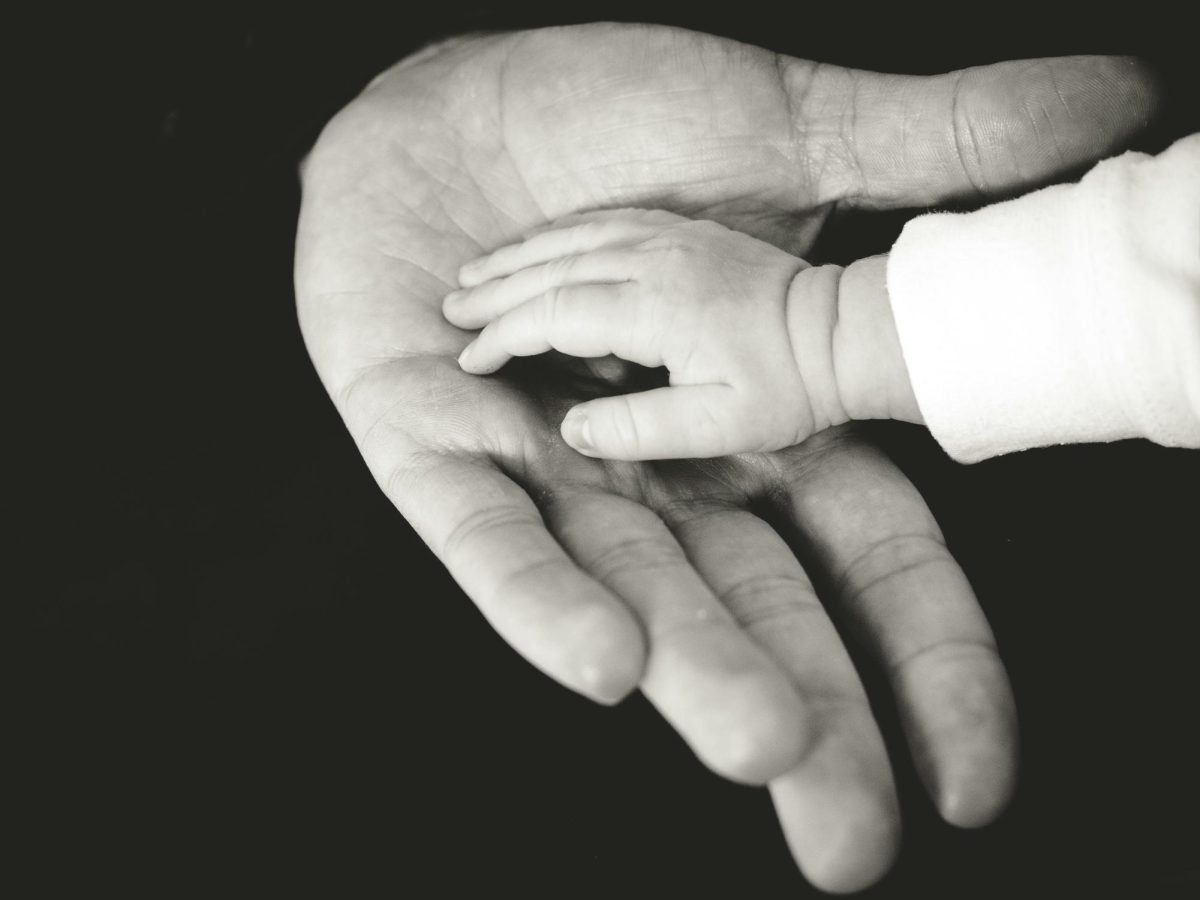
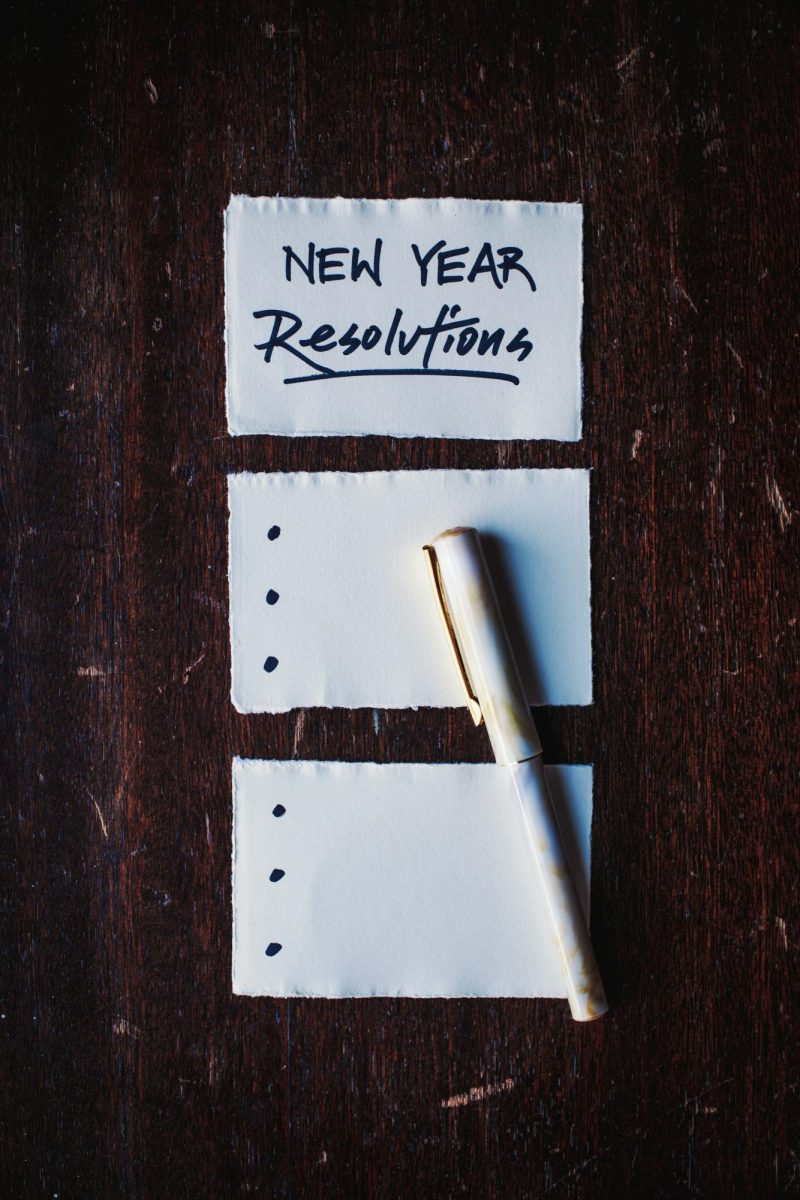
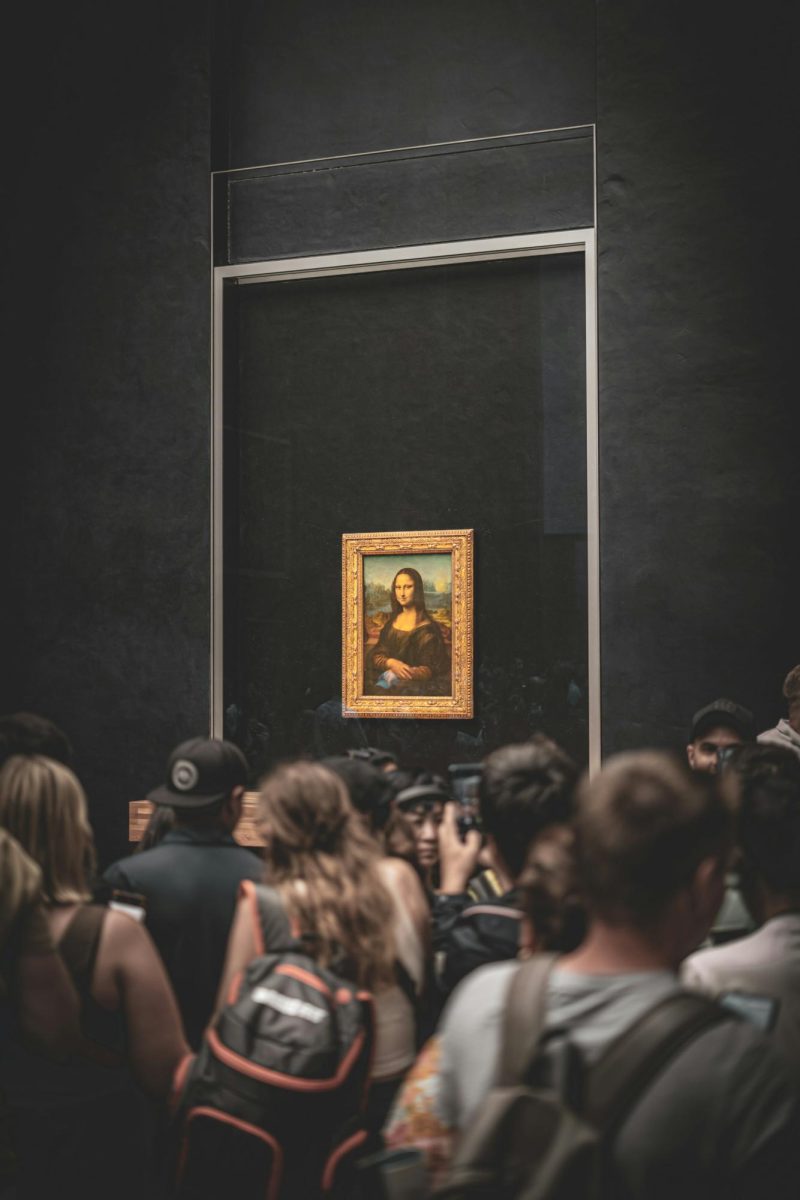
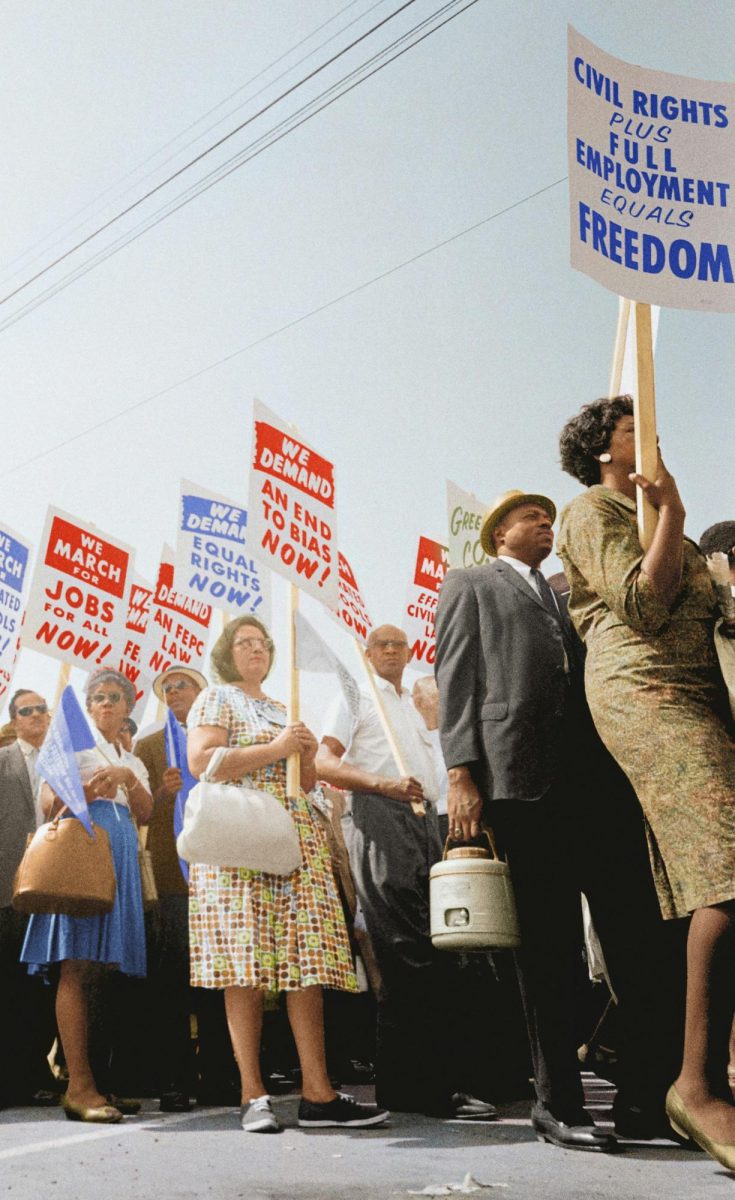
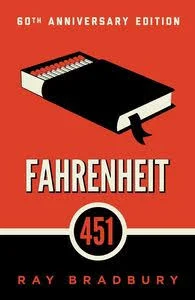
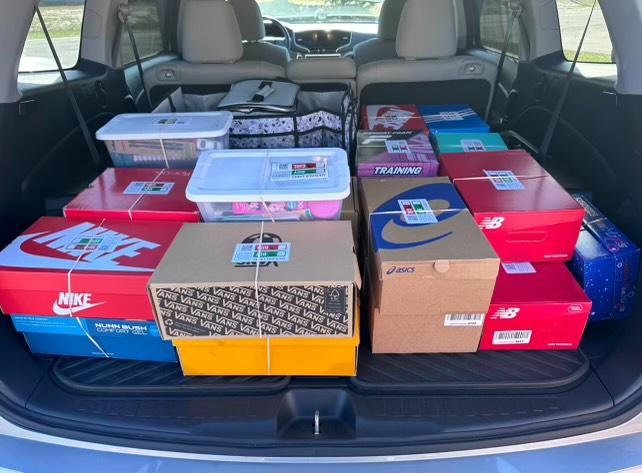
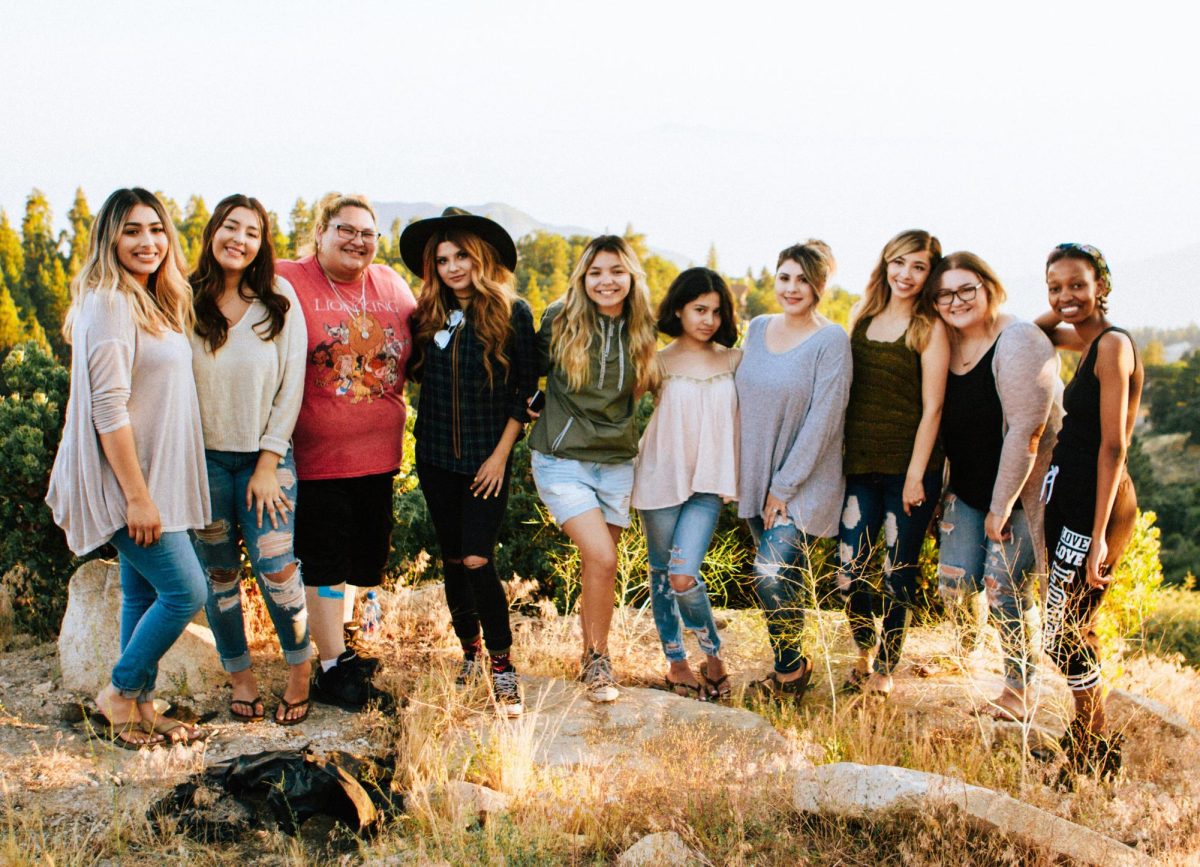
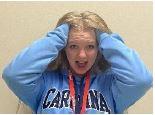
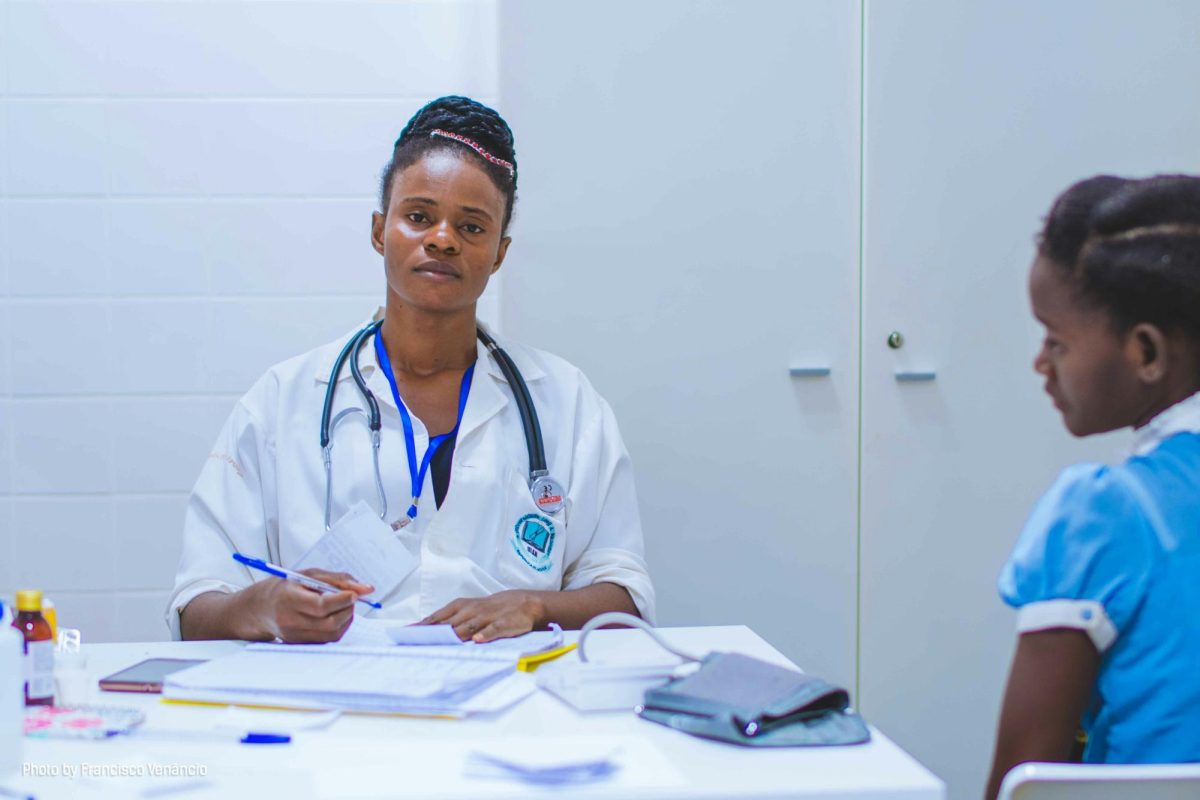
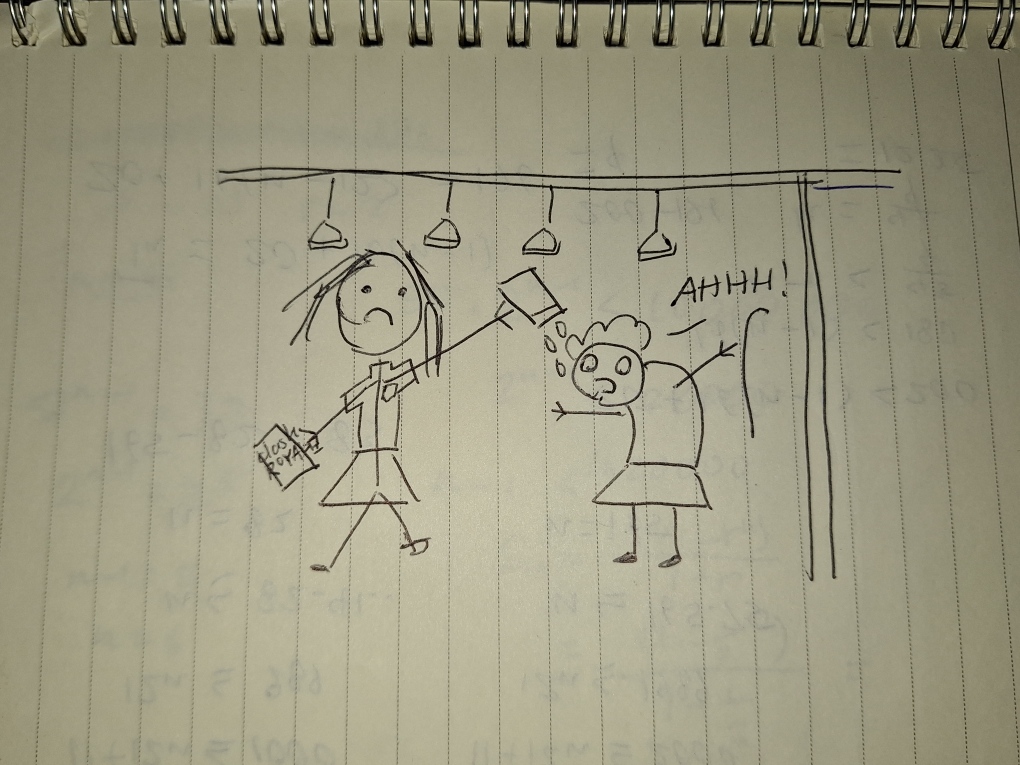
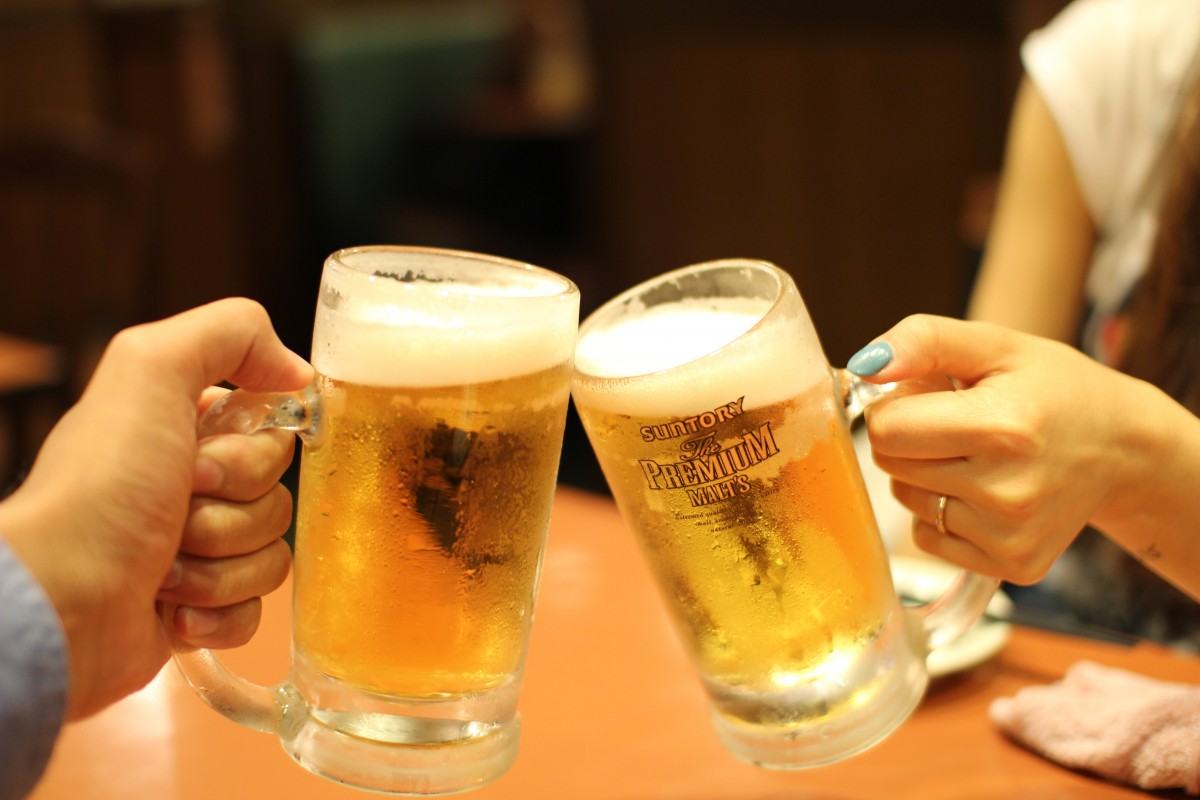
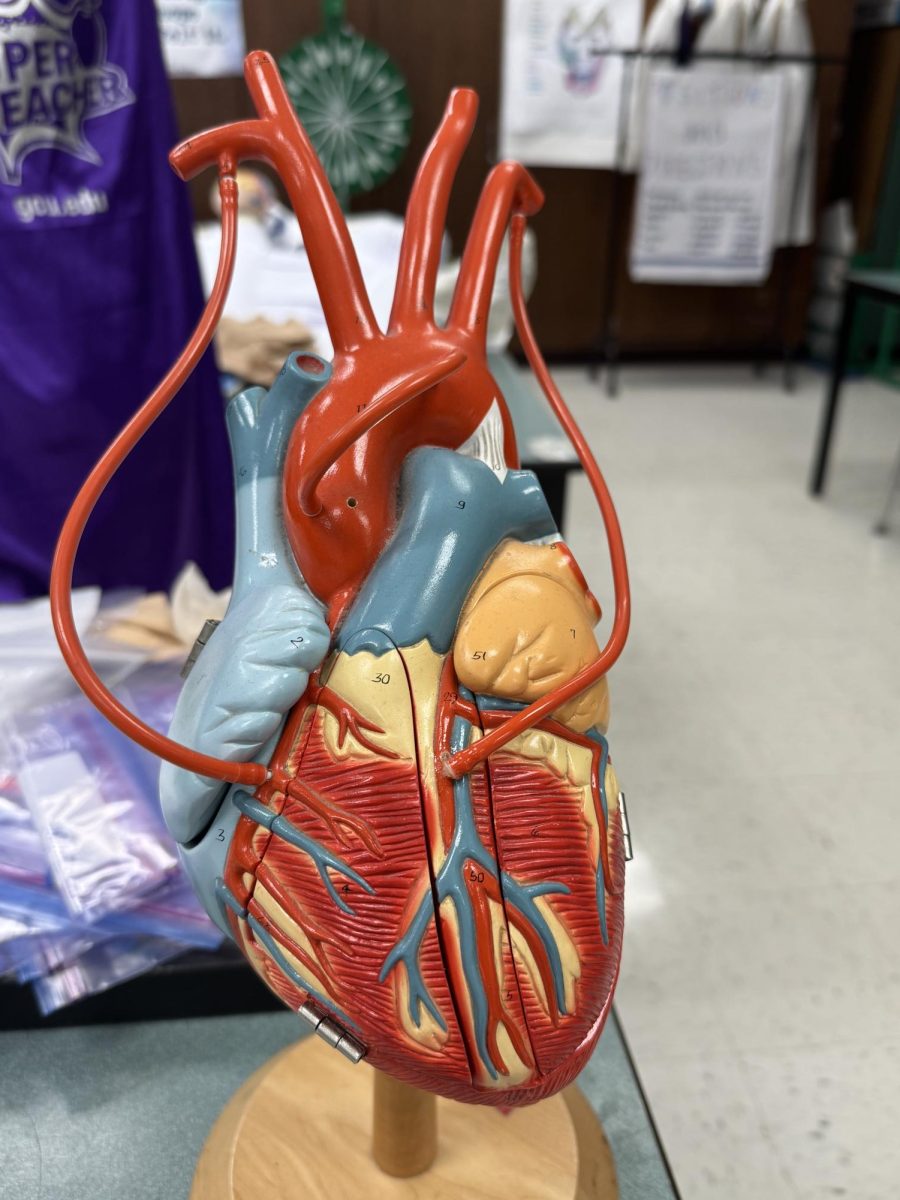
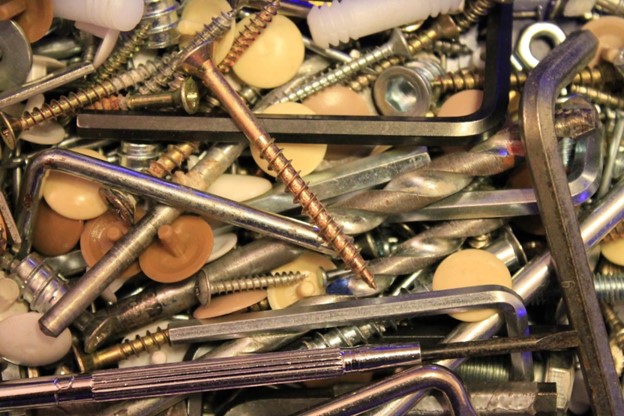
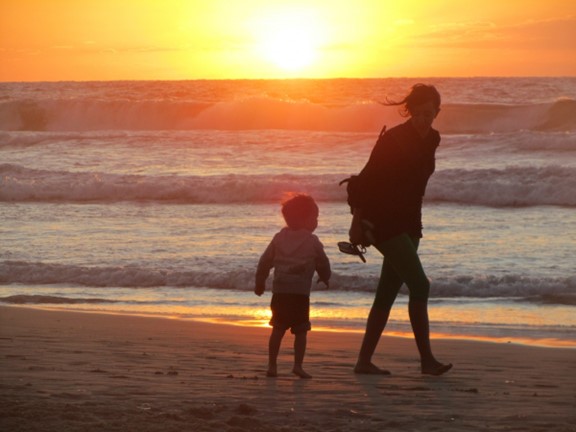
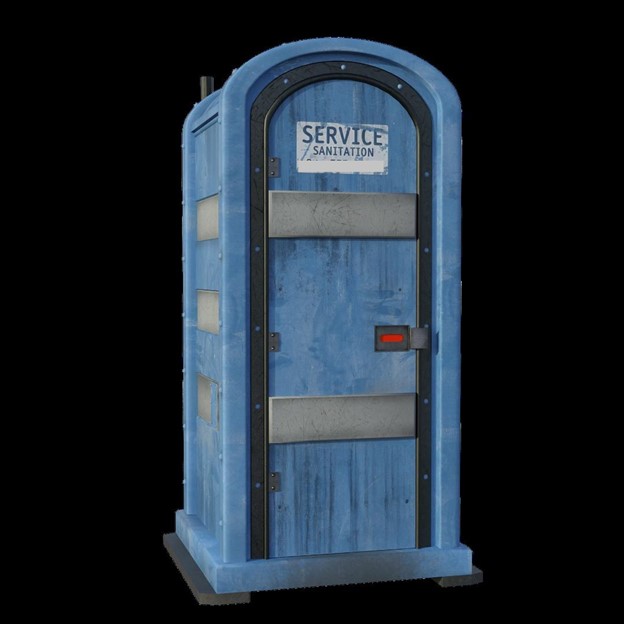
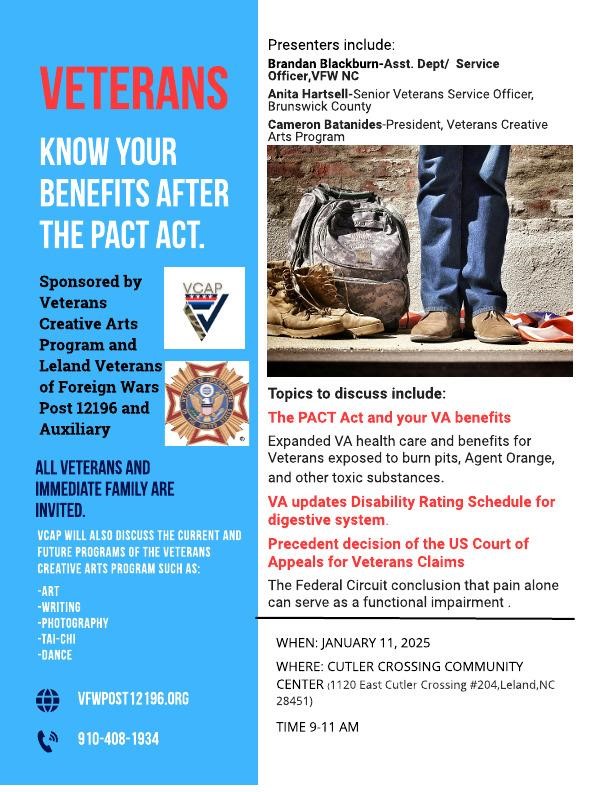
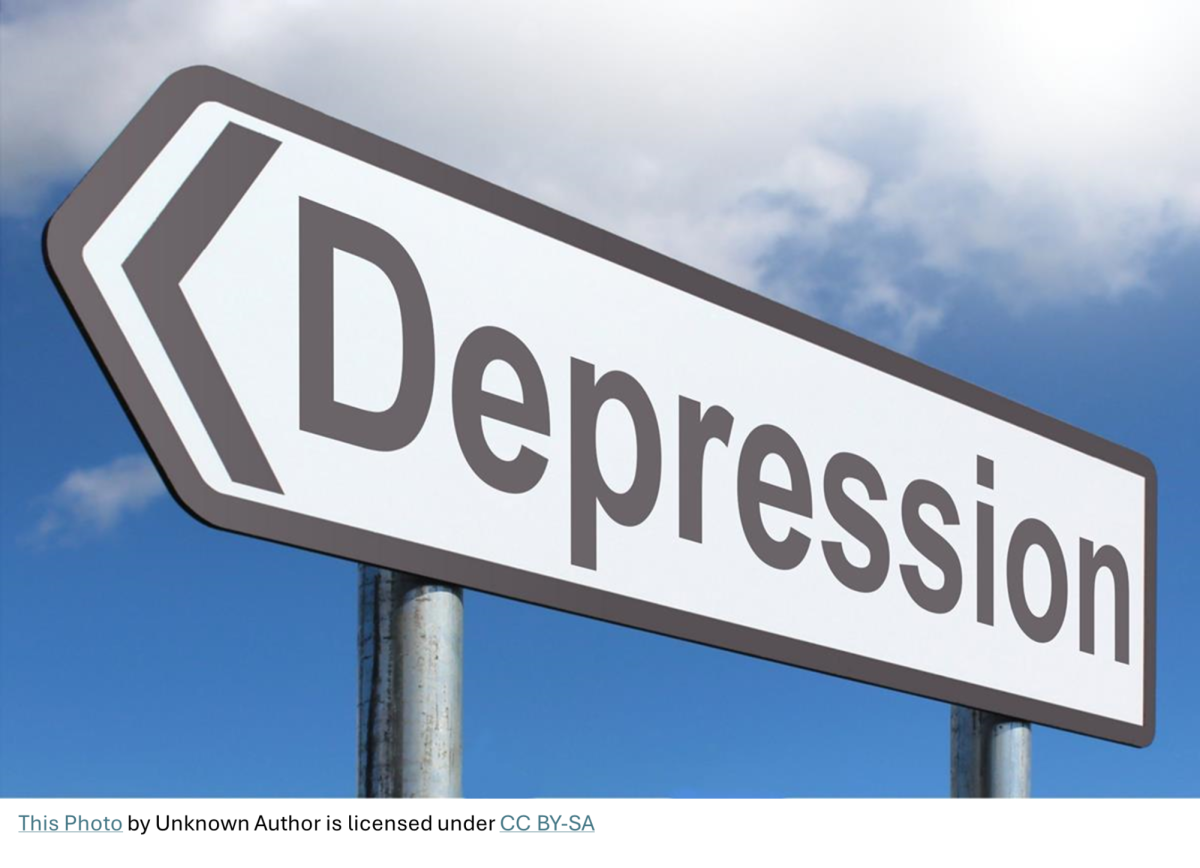
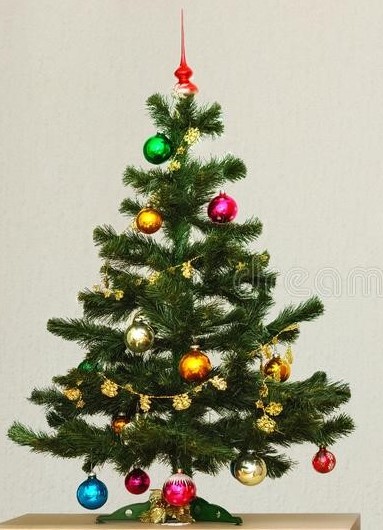
Daniel Neizmik • Jun 9, 2024 at 8:18 am
So beautifully written. You have an amazing gift, Violet!
Rachel • Jun 3, 2024 at 7:53 pm
This article could save a person’s life. Thank you for your bravery in writing this, Violet.
Gene • Jun 3, 2024 at 3:18 pm
Deeply touching story and extremely well written. This should serve as an instructive to all facing similar situations. You are to be commended for sharing it.
Lynn • Jun 3, 2024 at 3:04 pm
What a moving tribute to your dad. He would be so proud of you .
Janet Marie Stiegler • Jun 2, 2024 at 4:23 pm
Wow. This is a powerful story and a moving tribute. Thank you for being vulnerable enough to share it. As you shared his life and the influence he had on others, I wasn’t prepared for how he died.
Andy • Jun 2, 2024 at 9:58 am
Hi Violet, Thank you for sharing your powerful story. I’m very sorry that you lost your father. Best wishes, Andy (Brunswick County Toastmasters)